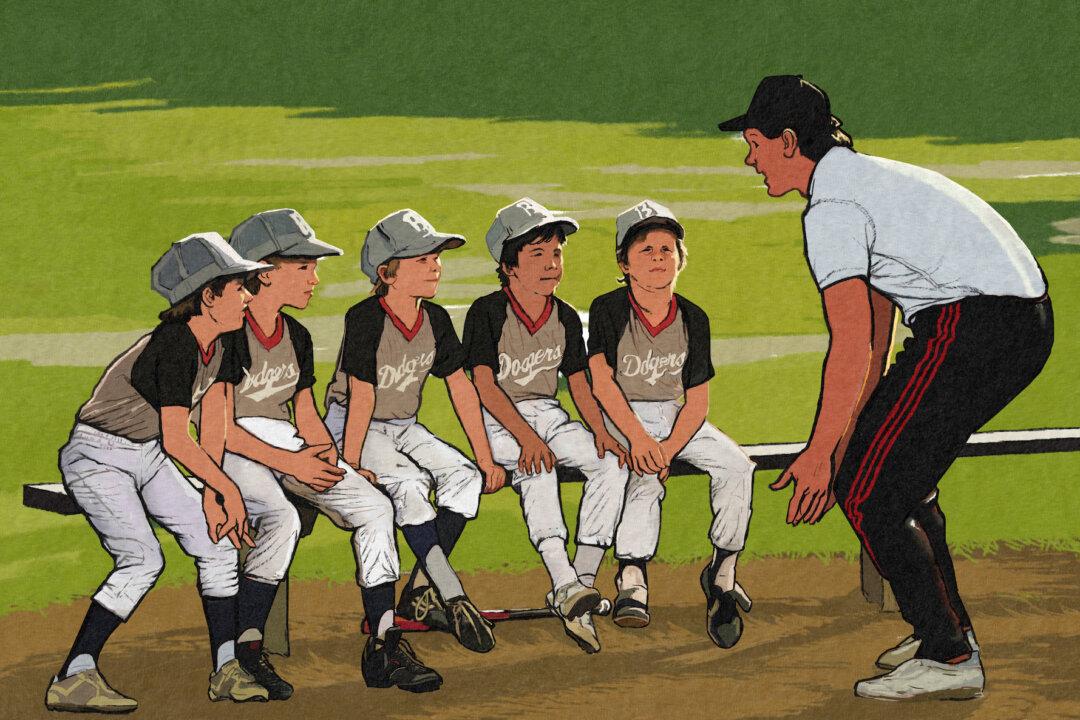The benefits of sports for young and old are abundant and clear.
First up, of course, are physical recreation and pleasure. The 9-year-old soccer goalie, the high school sophomore who makes the baseball team, the volleyball player who wins a spot on her college team, the 30-year-old man who’s playing on his church’s softball team, the 60-year-old dentist who runs 5Ks several times every year: All these individuals—and there are millions of them—are getting exercise that sets the heart pounding, builds muscle, and keeps them fit in body and mind. Most of them also take delight in these activities.






